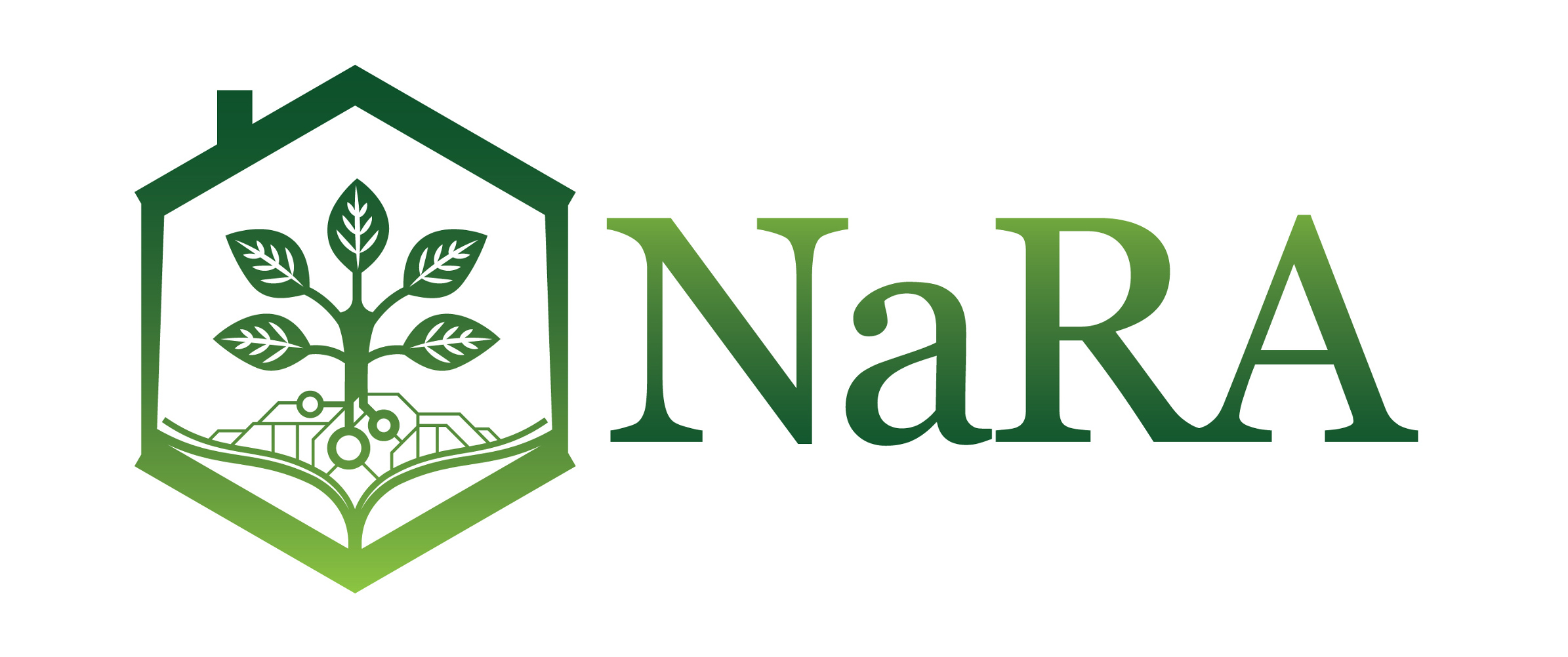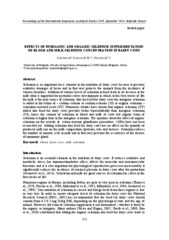Effects of Inorganic and Organic Selenium Supplementation on Blood and Milk Selenium Concentration in Dairy Cows
| dc.contributor.author | Joksimovic Todorovic, M | |
| dc.contributor.author | Davidovic, V | |
| dc.date.accessioned | 2015-09-21T11:23:32Z | |
| dc.date.available | 2015-09-21T11:23:32Z | |
| dc.identifier.uri | http://arhiva.nara.ac.rs/handle/123456789/712 | |
| dc.description.abstract | Selenium is an important trace element in the nutrition of dairy cows because it prevents oxidative damages of tissue and in that way protects the animals from the incidence of various disorders. Addition of various levels of selenium in food leads to its increase in the milk what is important for postnatal calves development in which in the first weeks of life the milk is the only source of selenium. Into the food for dairy cows the inorganic selenium is added in the forms of – sodium selenite or sodium selenate (SS) or organic selenium – seleniium-enriched yeast (SY). Numerous studies have shown that organic selenium (SY) added into food for dairy cows provides better bioavailability than inorganic selenium (SS), hence the content of selenium in blood and milk of cows fed organic form of selenium is higher than in the inorganic selenium. The opinions about the effect of organic selenium on the activity of seleno-enzyme glutathione peroxidase (GPx) have not been reconciled yet. Adding selenium into food for dairy cows has no effect on the quantity of produced milk nor on the milk composition (proteins, fats and lactose). Selenium reduces the number of somatic cells in milk and in that way prevents the occurrence of the disease of mammary gland. | en |
| dc.subject | blood | en |
| dc.subject | dairy cows | en |
| dc.subject | milk | en |
| dc.subject | selenium | en |
| dc.title | Effects of Inorganic and Organic Selenium Supplementation on Blood and Milk Selenium Concentration in Dairy Cows | en |
Files in this item
This item appears in the following Collection(s)
-
International Symposium on Animal Science 2014, 23-25th September 2014, Belgrade, Serbia, www.livestocksym.com
University of Belgrade, Faculty of Agriculture, Institute for Zootehnics



